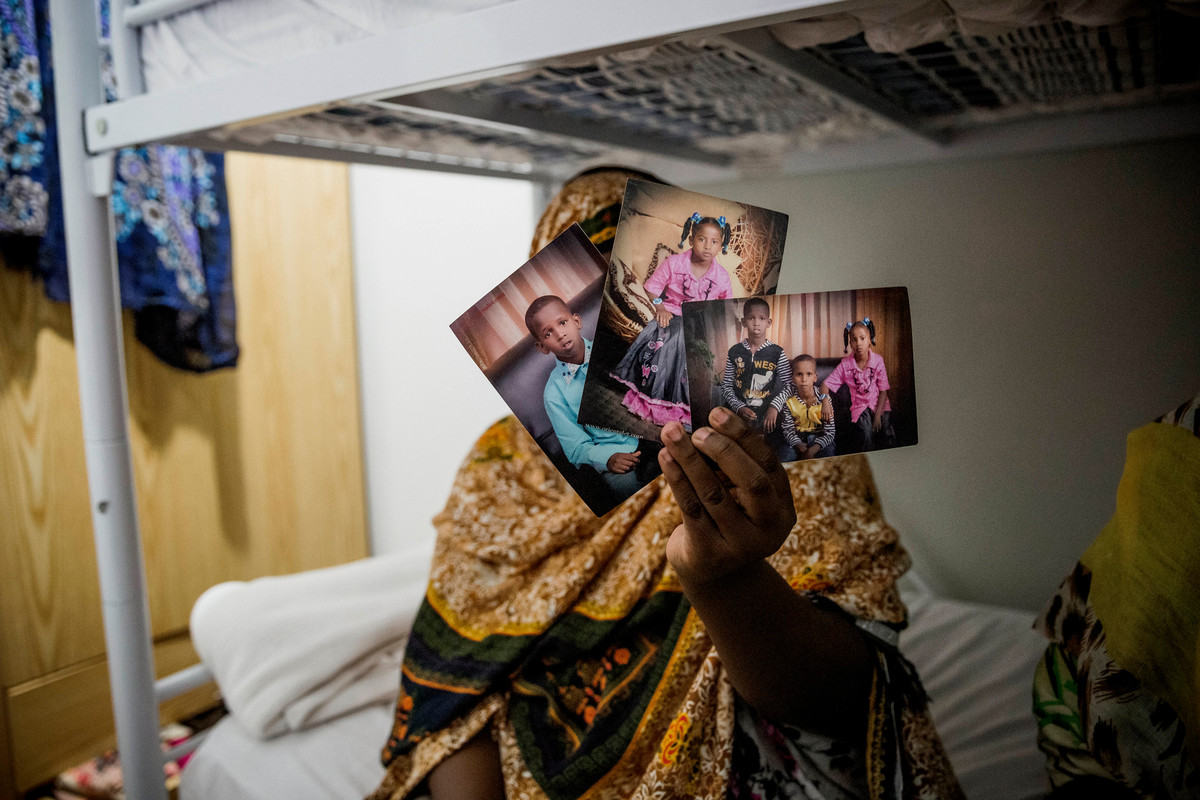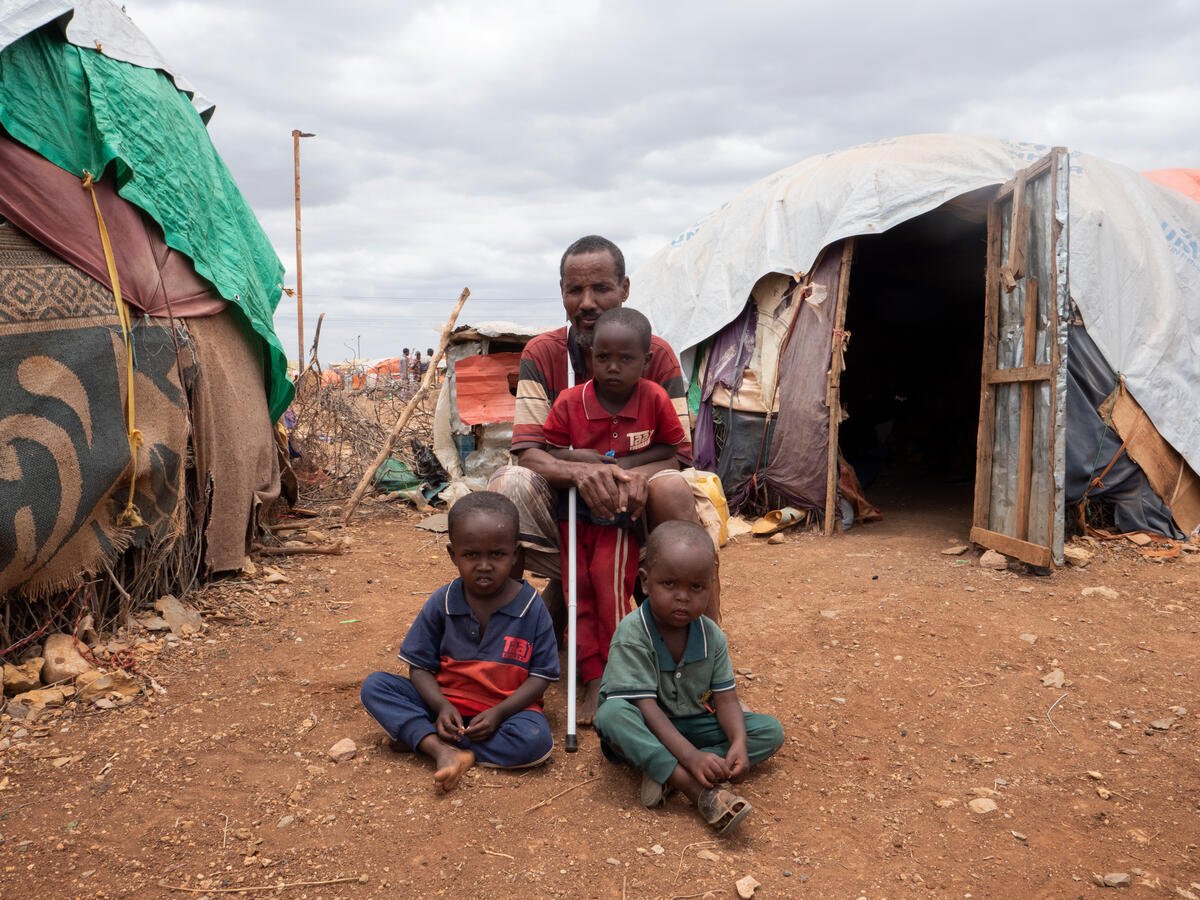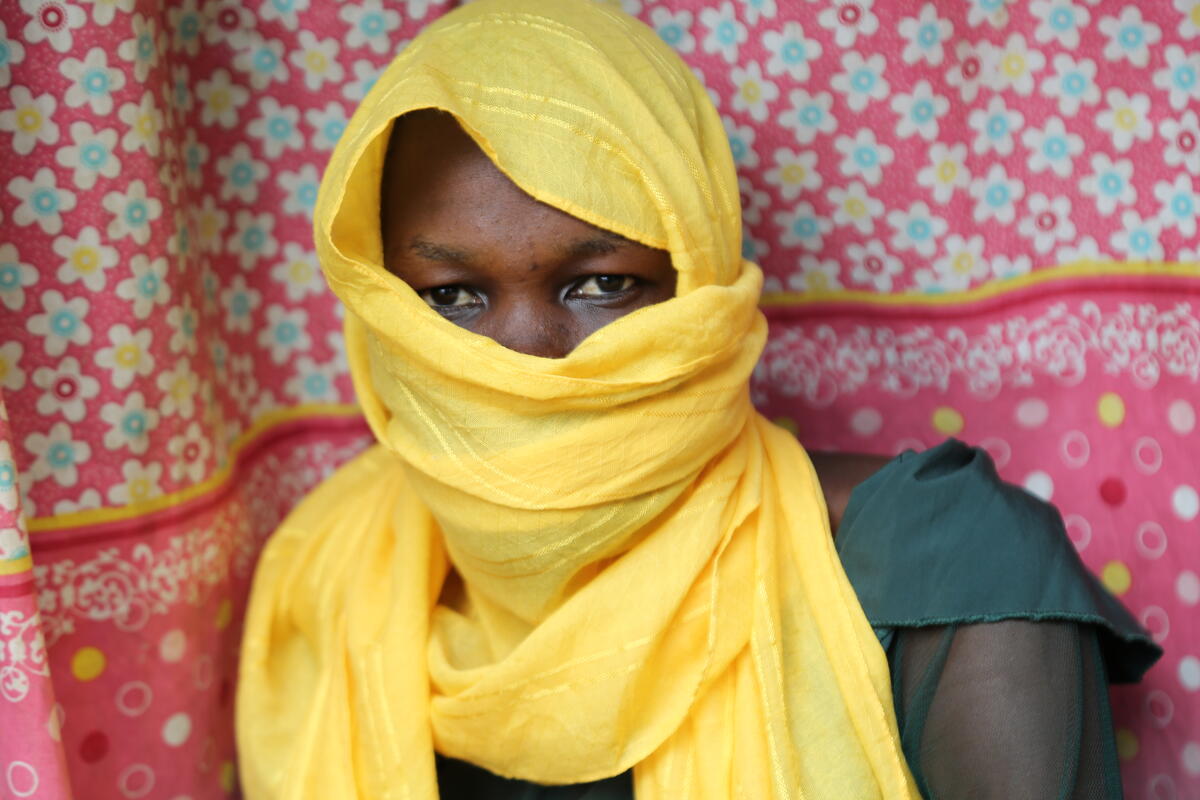UNHCR chief Filippo Grandi calls on Australia to end harmful practice of offshore processing
UNHCR chief Filippo Grandi calls on Australia to end harmful practice of offshore processing

Australia’s policy of offshore processing in Papua New Guinea and Nauru, which denies access to asylum in Australia for refugees arriving by sea without a valid visa, has caused extensive, avoidable suffering for far too long.
Four years on, more than 2,000 people are still languishing in unacceptable circumstances. Families have been separated and many have suffered physical and psychological harm.
In light of this dire humanitarian situation, last November UNHCR exceptionally agreed to help with the relocation of refugees to the United States following a bilateral agreement between Australia and the US. We agreed to do so on the clear understanding that vulnerable refugees with close family ties in Australia would ultimately be allowed to settle there.
UNHCR has recently been informed by Australia that it refuses to accept even these refugees, and that they, along with the others on Nauru and Papua New Guinea, have been informed that their only option is to remain where they are or to be transferred to Cambodia or to the United States.
This means, for example, that some with serious medical conditions, or who have undergone traumatic experiences, including sexual violence, cannot receive the support of their close family members residing in Australia.
To avoid prolonging their ordeal, UNHCR has no other choice but to endorse the relocation of all refugees on Papua New Guinea and Nauru to the United States, even those with close family members in Australia.
There is no doubt these vulnerable people, already subject to four years of punishing conditions, should be reunited with their families in Australia. This is the humane and reasonable thing to do.
The Australian government’s decision to deny them this possibility is contrary to the fundamental principles of family unity and refugee protection, and to common decency.
UNHCR fully endorses the need to save lives at sea and to provide alternatives to dangerous journeys and exploitation by smugglers. But the practice of offshore processing has had a hugely detrimental impact. There is a fundamental contradiction in saving people at sea, only to mistreat and neglect them on land.
Australia has a proud humanitarian tradition, manifested in its support for overseas aid and its longstanding refugee resettlement programme. I urge Australia to bring an immediate end to the harmful practice of offshore processing, offer solutions to its victims, for whom it retains full responsibility, and work with us on future alternatives that save lives at sea and provide protection to people in need.
At a time of record levels of displacement globally, it is crucial that all States offer protection to survivors of war and persecution, and not outsource their responsibilities to others. Refugees, our fellow human beings, deserve as much.
Background
Approximately 2,500 refugees and asylum-seekers have been forcibly transferred by Australia to ‘offshore processing’ facilities in Papua New Guinea and Nauru since the introduction of the current policy in 2013. Of these, some 1,100 remain in Nauru and 900 in Papua New Guinea.
Following the Australia-US bilateral agreement on relocation, UNHCR has referred more than 1,100 refugees to the US over the past eight months. Another 500 people are still waiting for the outcome of the refugee status determination processing being carried out by authorities in PNG and Nauru, under the Australian arrangement.
Media contacts:
- In Geneva, Ariane Rummery, rummery@unhcr.org, +41 79 200 7617
- In Canberra, Catherine Stubberfield, STUBBERF@unhcr.org, +61 424 545 569
- In Bangkok, Vivian Tan, tanv@unhcr.org, +66 818 270 280
- In Washington, Chris Boian, BOIAN@unhcr.org +1 202 243 7634









